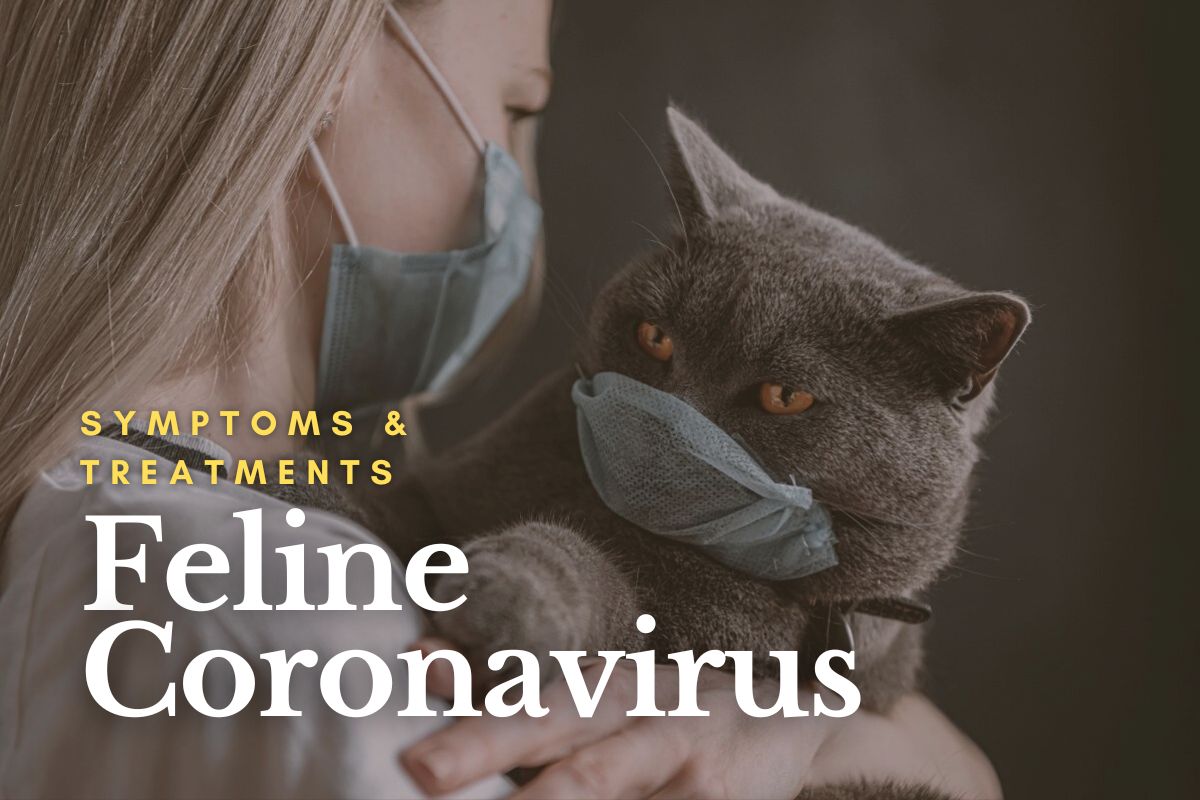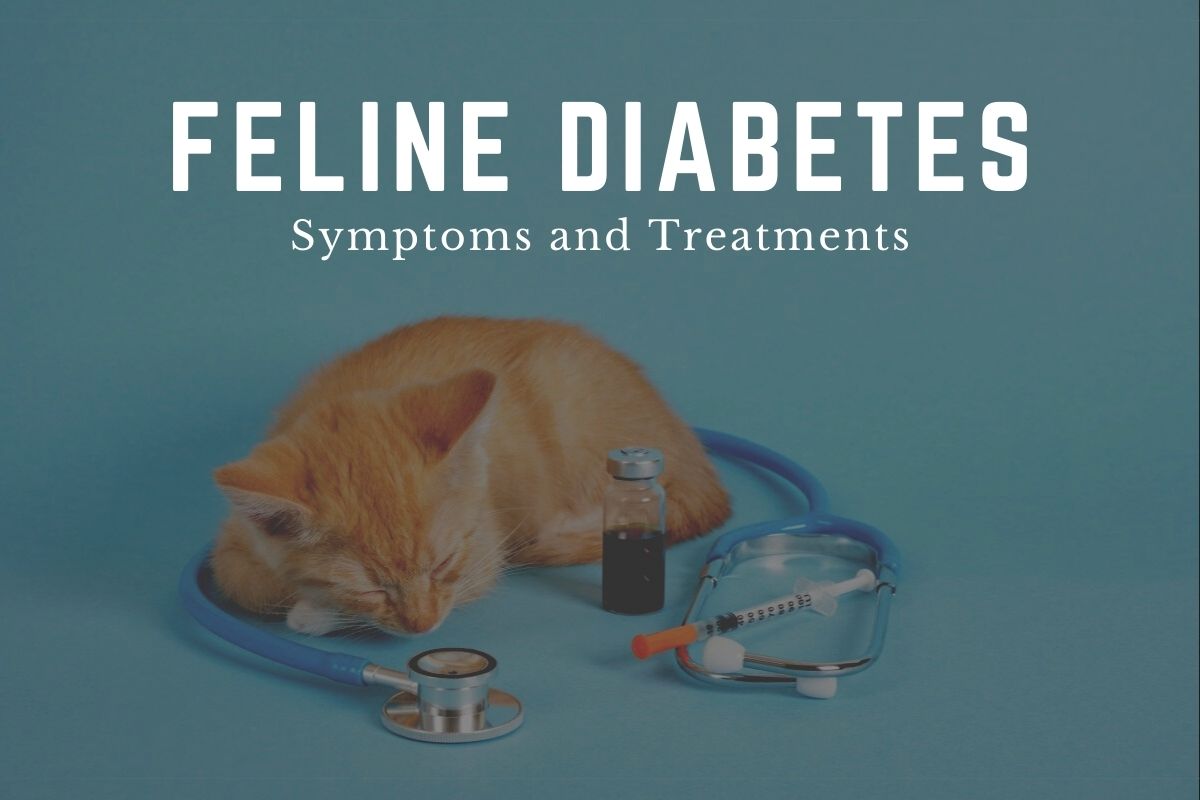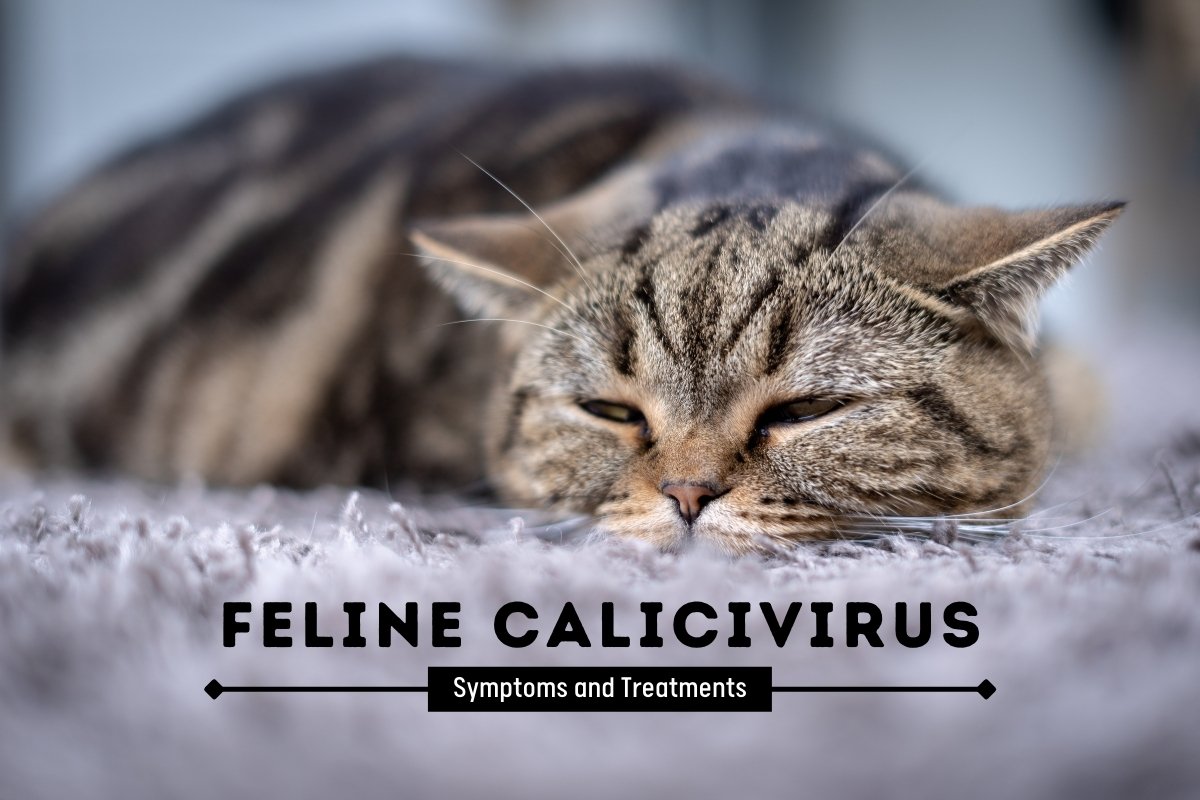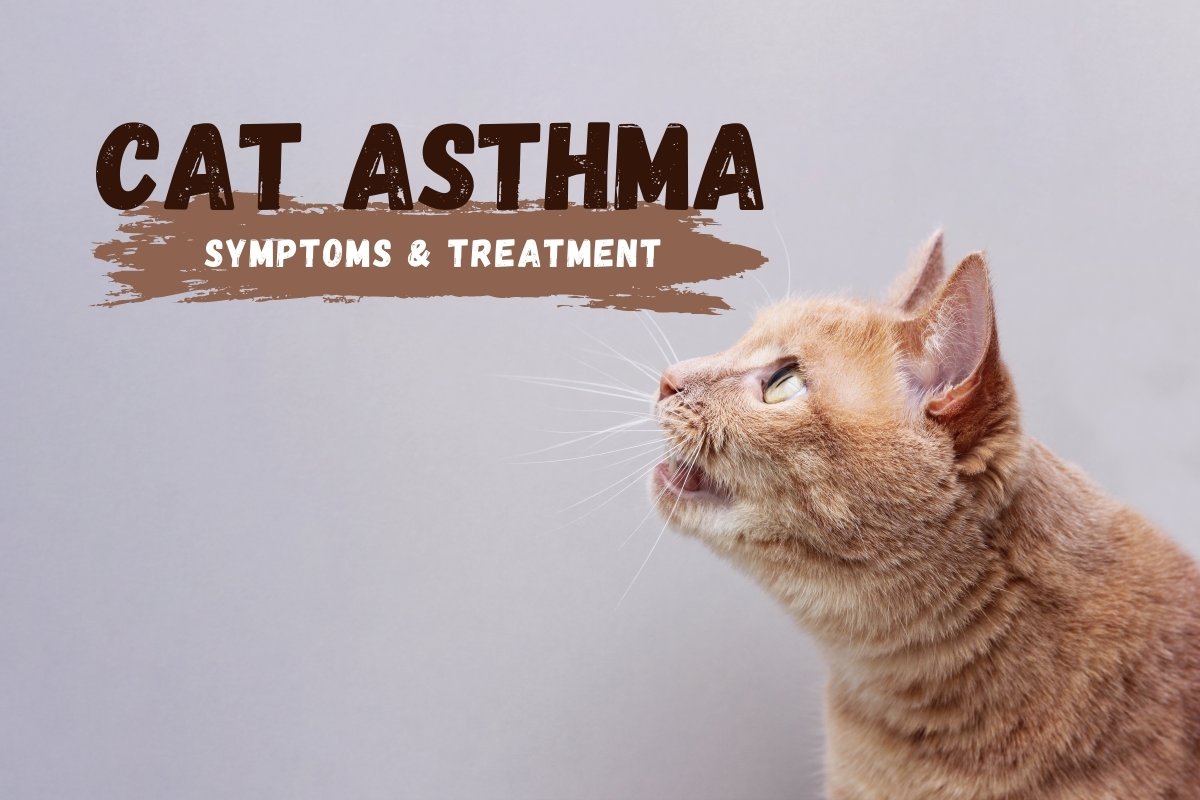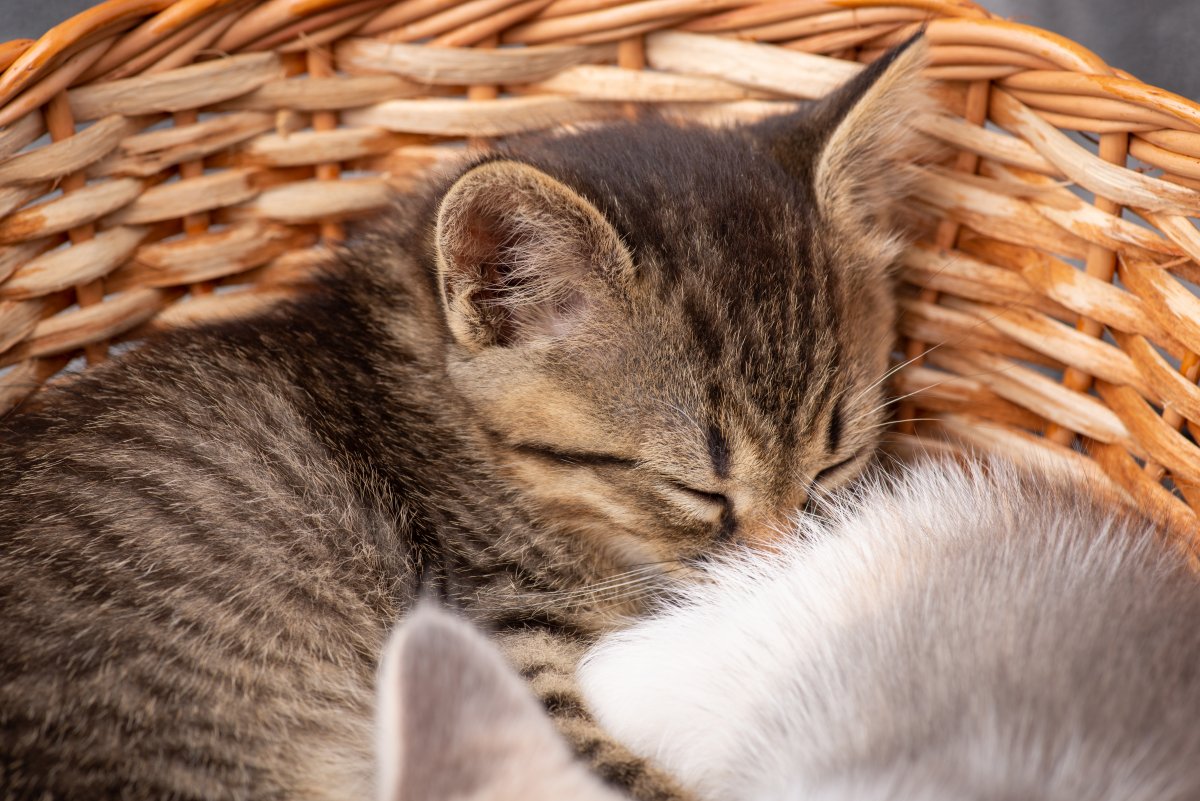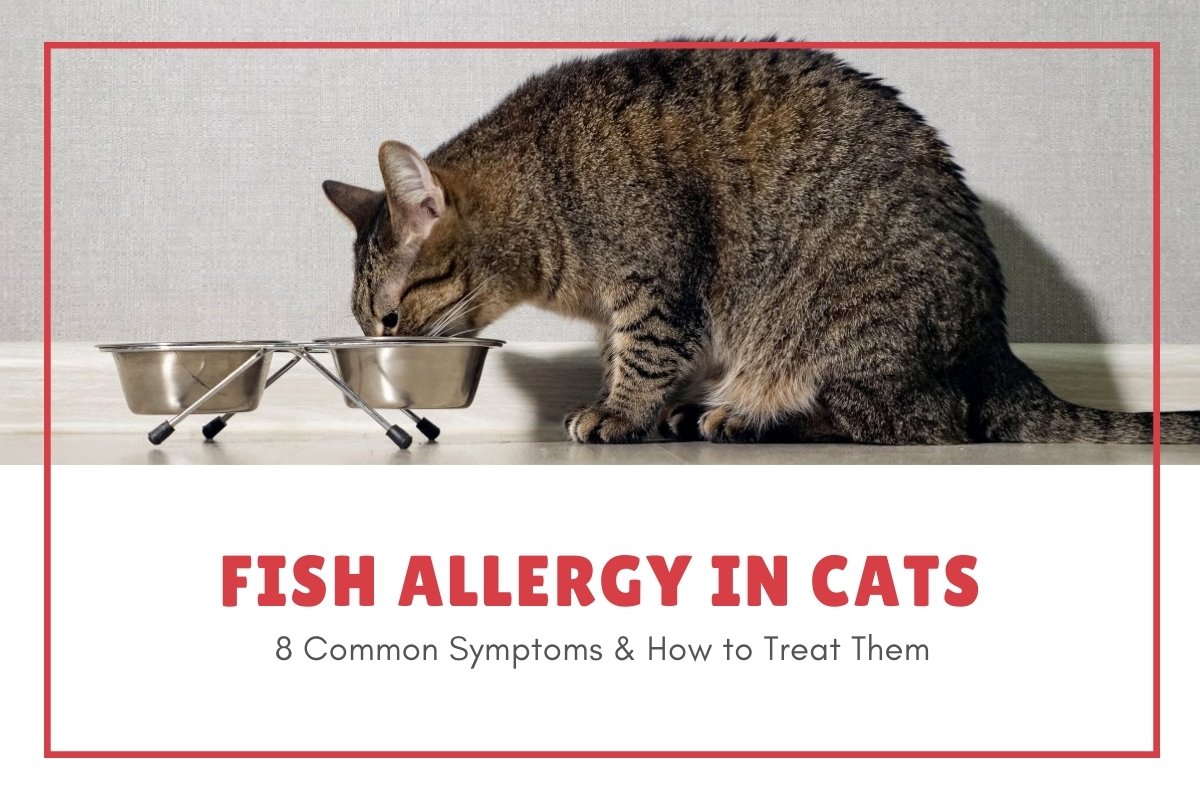It might seem impossible to you that cats could also develop one of the most dangerous diseases caused by the deadly coronavirus. Rest assured, though, as there is nothing to be stressed about.
As said by veterinarians, feline coronavirus is one of the most common viruses among cats. There are a lot of symptoms that could let you know that your cat is not all too well and needs your attention quickly. Never neglect your cat as they might develop another disease, so make sure to diagnose it early and spend time with your furry friend to make them feel at ease with you.
Continue reading to find some of the most prominent symptoms of a cat developing Feline Coronavirus. But first, learn how cats get this deadly virus!
How Do Cats Get Coronavirus?
When cats ingest the virus, they become infected with Feline Coronavirus (FCoV). The virus starts attaching to their body cells and takes over the cell lining of the small intestine. It uses the internal mechanism of cells to replicate itself. The duplicated ones are further sheds out in poo. If another cat uses the same litter box, that cat can also catch a virus on her paws or fur through self-grooming. This way, the cycle continues.
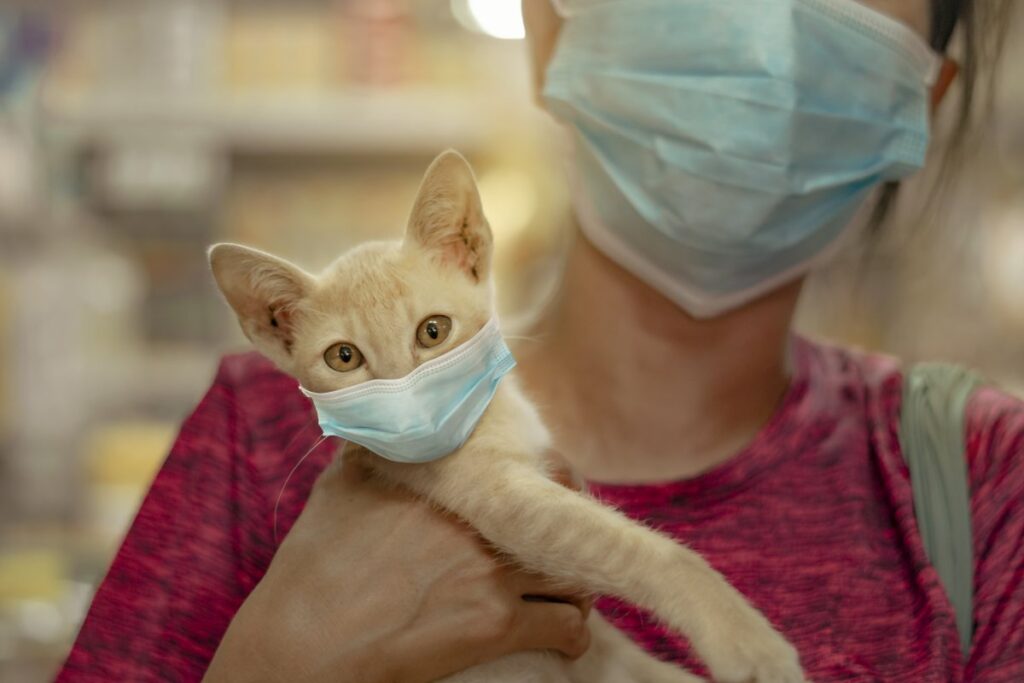
Is FCoV the Same As Human Coronavirus?
No, FCoV is not the same as the human coronavirus. While the human virus is (probably) gone from bats to human beings, there is no evidence that feline coronavirus can also be transmitted from cats to people.
Cats’ respiratory tracts have receptors that bind SARS-CoV-2. During the experimental conditions, cats could be infected with the original virus and spread it to other cats. But they did not become sick, and the virus didn’t spread to the people.
Signs of Coronavirus in Cats
Many infected cats show no symptoms of coronavirus; however, they develop signs of mild and self-limiting diarrhea. While feline coronavirus does not cause severe disease, it can lead to a genetic mutation in some cats, resulting in severe disease, Feline Infectious Peritonitis (FIP). The occurrence of mutation is unknown, but the FIP includes the following signs:
- failure to grow in kittens
- jaundice
- extreme lethargy
- difficulty breathing
- intermittent fever
- eye problems
- seizures
- fluid buildup in the abdomen and/or chest
FIP is not as extremely common as FCoV. Most cats that get coronavirus will recover eventually.
Diagnosis of Coronavirus in Cats
Coronavirus in cats is hard to diagnose, and many of its signs could be symptoms of other issues. No blood test is available to confirm feline infectious peritonitis. Your vet will assume this infection is present in your cat if she has the following condition.
- Your cat has a low number of white blood cells.
- She has a high number of white blood cells.
- She has a high concentration of protein in her blood.
- Her eyes or gums are yellow.
- Or your cat is in a higher group (cats that live in an overcrowded environment).
Your vet may collect the fluid sample for testing if any fluid buildup is detected in your cat’s abdomen or chest. If the fluid is in high protein concentration, your cat suffers from FIP. If the virus is suspected, your veterinarian may take an ultrasound or x-ray of your cat.
Another test that can help diagnose cat coronavirus is an immunoperoxidase test, and the other is a polymerase chain reaction. Immunoperoxidase test can detect infected white blood cells, while the polymerase chain reaction technology is used to test the signs of the virus in the body’s cell or fluid. Your vet may also perform a biopsy of the infected tissue inside your cat’s abdominal cavity.
Though all these tests can support diagnosing feline coronavirus, none of them is 100% accurate.
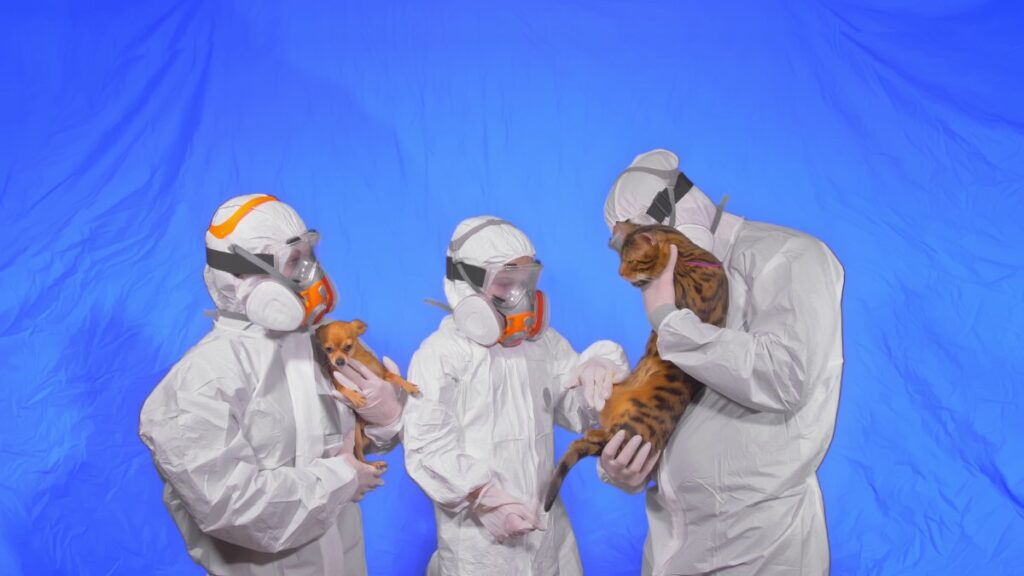
Treatment of Coronavirus in Cats
There is no particular treatment for FCoV; most cases go undetected, and cats recover without any treatment process.
If a cat develops FIP, treatment can be given to reduce symptoms. With viral infections, it is essential to provide curative therapy to cats.
In a 2018 study, the compound called GS-441524 effectively inhibited feline coronavirus replication in ten experimentally infected feline cats. In further studies, GS-441524 has also been productive in cats with naturally occurring infections. These were small studies (Feb 2019, 34 cats; March 2020, 4 cats). Not all cats made it through the 12-week study, and some relapsed during the post-treatment follow-up period.
Despite the lack of evidence, considering the expected outcome of FIP, GS-44152 was soon dubbed a “miracle medicine,” emerging as both an underground market of manufacturing and purchasing. Cat owners, including some vets, have primarily purchased it through social media groups. This medicine is untested and unlicensed, so you will not have any idea what you are getting while buying this. We strongly advise against taking this route.
Remdesivir, an alternative, is an antiviral medication that is a prodrug of GS-44152. It is given through an injection dose. You might have heard about this medicine concerning COVID-19 treatments; its use was approved in Australia, but still, there is a lot of doubt about which human patients this medicine should be given to. There are some clinical trials in cats with FIP underway. A compounded form is available for clinical use in veterinary patients – but any use in pets is currently experimental and off-label (meaning it hasn’t been licensed).
Final Verdict
In conclusion, there is nothing significant to be worried about if your cat has FCoV, as it is not the same as humans getting it. Precautions are safer, so keep an eye out for your cat and ensure they’re as healthy as a horse, apart from the literal fact that it is a cat.

